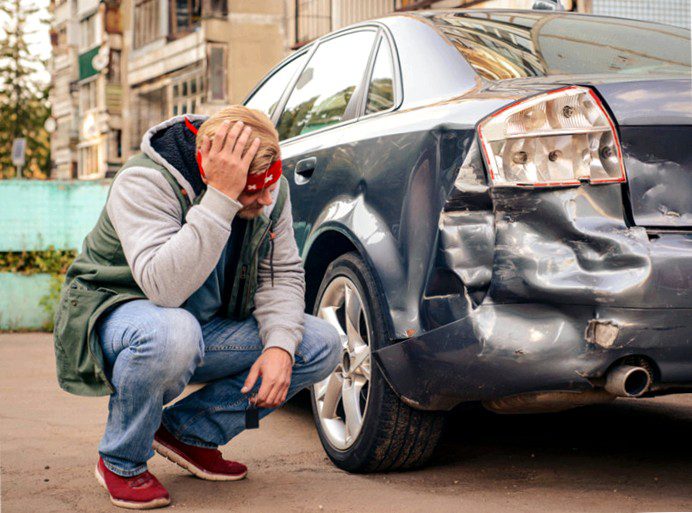Accidents and illnesses can lead to severe restrictions in everyday life. Regardless of age, gender or profession, everyone is at risk of falling ill. Everyday situations such as driving or playing sports can provoke accidents. In some cases, the resulting discomfort is so severe that workers can no longer pursue their careers. If they are expected to be unable to work for at least the next six months, they are classified as occupationally disabled. But how to efficiently compensate for the resulting loss of income? The statutory disability pension, which employees usually receive, is often not enough to satisfactorily compensate for financial problems. It is advisable to take out private occupational disability insurance, as a monthly pension is paid to the insured person in the event of a benefit claim. This is higher than the payments of the statutory pension for reduced earning capacity and thus helps to cushion the loss of income due to occupational disability.
However, before interested parties can take out occupational disability insurance, the insurance companies check the individual occupational disability risk. For this purpose, among other things, a health check is carried out and the interested party is asked about his or her leisure activities. By answering these questions, the insurance company will get a picture of whether the prospect has a potentially increased risk of becoming unable to work. Certain pre-existing conditions, such as allergies, do not usually have a major impact on policy terms, while conditions such as cancer often result in a claim being rejected. Hobbies such as climbing, parachute jumping or diving lead to a potentially increased risk of occupational disability. Here's how insurance companies evaluate pre-existing conditions such as pneumonia when a policy is issued.







